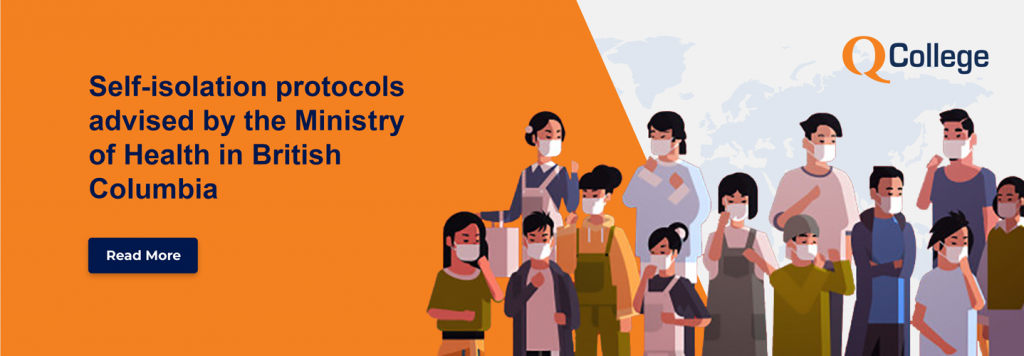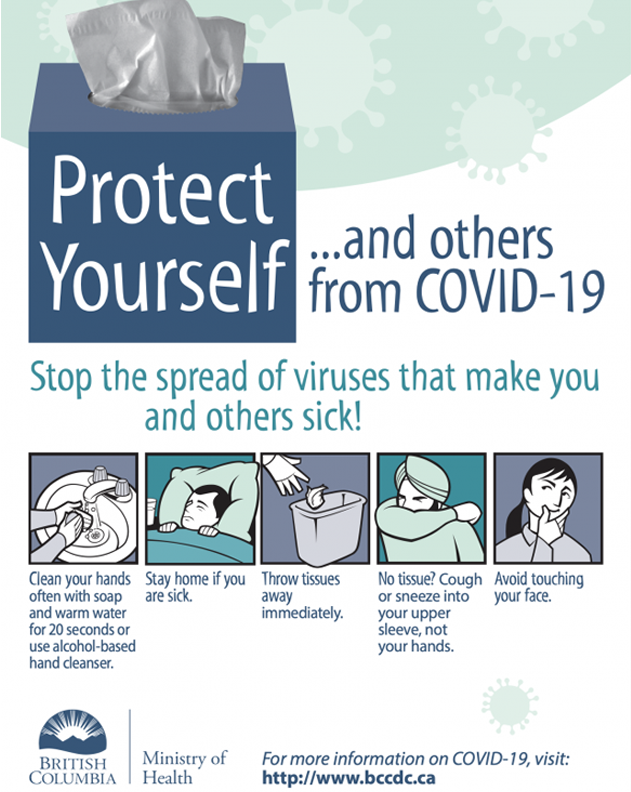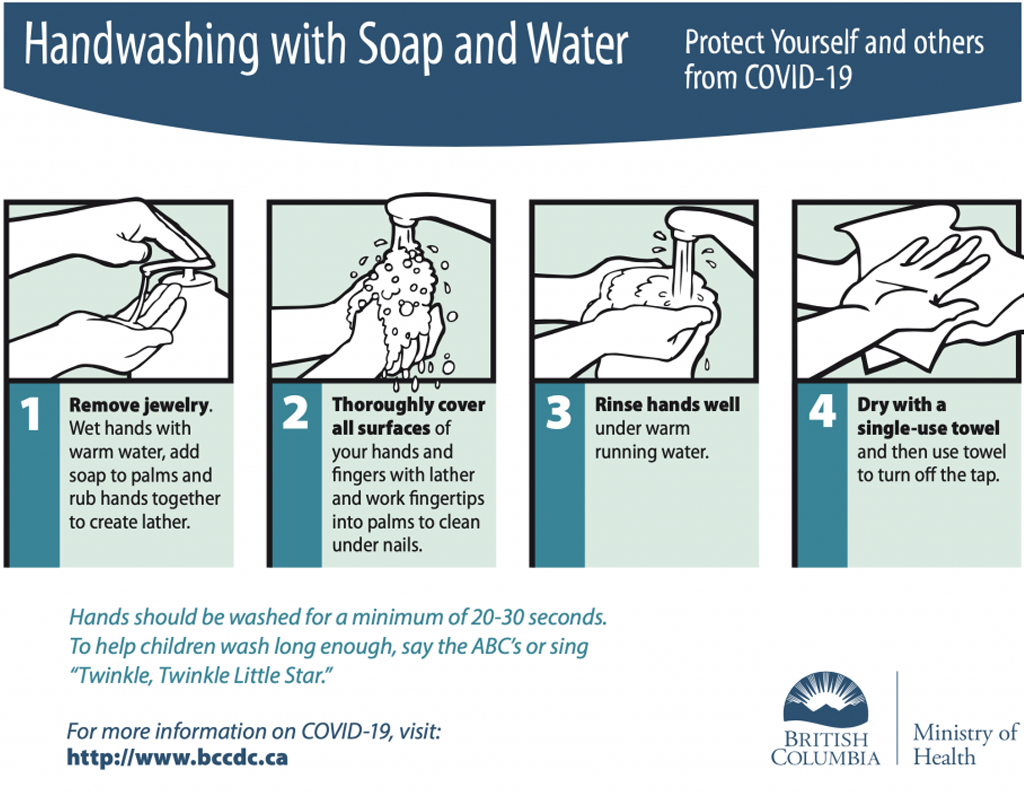Self-isolation protocols advised by the Ministry of Health in British Columbia
Resources
Anti-Racism Stigma
The COVID-19 pandemic has sparked a rise in stigma and prejudice against people who have the virus, people from countries where the virus originated or that are considered hot zones, people who have travelled recently, people who have come in contact with someone who has the virus. Health care workers may also be stigmatized as people assume; they must have the virus. To combat this discrimination, it is important to stay informed while treating others with the respect and dignity they deserve.
Stigma is a negative stereotype or negative association about people with an illness. Prejudiceis a negative stereotype about a group, such as racism.The current COVID-19 pandemic has sparked a rise in stigma and discrimination against people who have the virus; people from countries where the virus originated or are considered hot zones; people who have travelled recently; or even those who it is believed have come in contact with someone who has the virus.
Stigma often arises because of fear or uncertainty about something we don’t fully understand. Because COVID-19 is new and there are still many unknowns, people are anxious. The mass of information flowing through social media and other channels can create misconceptions about the disease that may further cause anxiety.
The discrimination and racism that results from stigma can appear in various ways, such as:
- referring to COVID-19 as the “foreign virus,” or Asian or Chinese flu
- blaming a person or group of people who may have the virus for “being careless and spreading the illness”
- avoiding places associated with myths about the virus, such as Asian restaurants and grocers
- verbal or physical attacks on certain ethnic groups
- different treatment of stigmatized people in health care, schools and workplaces.
The impact of stigma
Stigma obviously affects the people who are targeted, but it can also have a wider impact. For example:
- Stigma can make people feel guilty or bad about themselves if they have the virus.
- It can lead people to become isolated to avoid discrimination.
- People may be less likely to get tested or seek treatment for the virus if they fear they will face discrimination.
- People who have COVID-19, or think theymay have come into contact with someone who it is infected, might avoid a quarantine to hide the fact they are sick.
- Stigma and discrimination can also increase anxiety, as the person has to worry about how to manage the discrimination.
How you can reduce stigma
You might be feeling anxious or scared, and it may be comforting to look for someone to blame. However, this is a time to focus on facts and evidence.
- Be careful of the language you use to describe the virus or someone who has the virus.Avoidusing “Asian/Chinese/Wuhan flu.”
- Stay informed with facts from credible sources. There are many posts on social media about the virus, how it originated and how it is spread. Many of these are just stories, not facts. Look to sources such as the Public Health Agency of Canada, the WHO, or the CDC for information and facts about the virus.
- Respect people’s privacy. There is no need to tell others if someone you know is infected. Instead remind others always to use preventative measures.
- Focus on positives, such as the steps being taken to contain the virus and the preventative steps that people can take to keep safe.
- Support someone who is experiencing stigma or discrimination because of COVID-19. Speak out against stigmatizing behaviours.
- Raise awareness about COVID-19 by sharing messages based on facts. Correct any misconceptions that people believe or have spread.
If you have been affected by stigma associated with COVID-19:
- Reach out to someone you trust and talk about how you are feeling.
- Remember that you did not do anything wrong. Anyone who encounters the virus can get sick.
- Avoid reading social media discussions or blogs where people are posting stigmatizing language.
- Don’t blame yourself because you have the virus.
The following sites offer more resources on stigma, racismand discrimination:
The Pre -Arrival Package
List of Groceries, Pharmacy and Counselling Services
Other Helpful Links
- BC COVID-19 Self-Assessment Tool
- COVID-19 Go-Forward Guidelines for BC’s Post-secondary Sector are hosted on government’s public website.
- Guidance and recommendations from the Provincial Health Officer are available online at the COVID-19 Provincial Support and Information website.
- If you require advice regarding a potential COVID-19 case, please contact your local Medical Health Officer.








